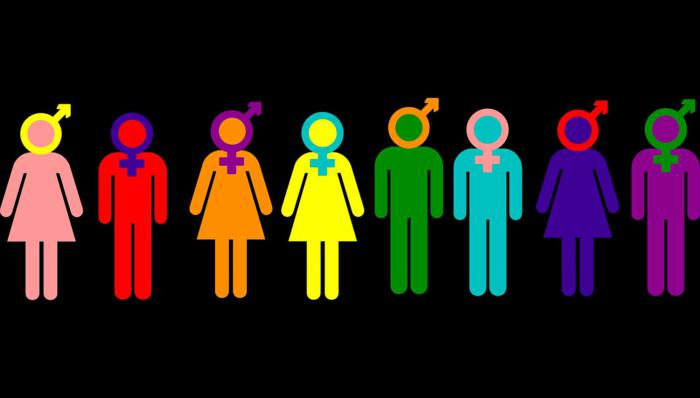Young people have a harder time understanding the Church’s teaching on sexuality
Young people have a harder time understanding the Church’s teaching on sexuality
Mar 08, 2018

By Julie Asher
What has been the reaction to the letter: expressions of support as well as criticism? Do you expect there to be any follow-up?
There have only been a few negative reactions, which were as to be expected, from people with different perspectives. We do not expect there to be any immediate follow-up, but are open to offering further guidance when requested. I can’t speak for others, but my main concern is for those who are caught in the middle of these issues, especially children and families who are asking for direction and looking to me and other faith leaders for authentic pastoral care.
Surveys as well as anecdotal evidence suggest that young people, including Catholics, have a harder time understanding the Catholic Church’s position. They may see gender fluidity and related issues as more a matter of individual choice or a matter of fairness. The same might be said for young people’s attitudes toward same-sex marriage. How would you, as a Catholic shepherd, respond to a young Catholic person who asks why the Church seems to care about what individuals do on these matters? Is this issue becoming similar to same-sex marriage, where Catholic leaders may feel they are swimming upstream transmitting Church teaching upholding traditional marriage when society at large seems not to have a problem with it?
You know, I spend a lot of time talking to young people, and I don’t think that surveys and other anecdotes always do them justice. Young people long for the truth about themselves, about their bodies and about the world around them. And they respond when you take the time to go deeper with them on these issues. Many young people have understood and embraced the Catholic Church’s full teaching about the human person, and they want to live in that truth.
The problem is that, in our culture, young people are trained to want a soundbite; they are often entrenched in opinions which were formed, in large part, by the media or culture, and not really considered with the full weight and rigour of their reason and intellect. Young people today have been taught to be on guard against exclusion or prejudice, and that’s a good thing. Unfortunately, this impulse can lead to a blind acceptance of manipulative slogans that claim to be for equality and inclusion but, in fact, are redefining what it means to be human. So, when I talk to young people (or anyone) about why the Catholic Church cares so much about this issue, the bottom line is that Jesus cares about you. Jesus loves you with unconditional love and wants what is truly best and good for you. Understanding who God is and who you are as a human being and as a child of God is central.
The struggles surrounding sexual identity are similar to attitudes about redefining marriage. In order to understand what marriage is, we have to understand the nature of the human person and what it means to be created male or female. Sexual difference is that which allows man and woman to be united in marriage and bring about new life. This is clear throughout the Sacred Scriptures and it is written into our very being.
During the run-up to the Supreme Court decision legalising same-sex marriage across the country and afterward, certain segments of society are claiming people who don’t agree with same-sex marriage are “bigots”. How can the Church respond to that charge?
The Supreme Court did what they have no right to do: they redefined a human institution that existed long before our government was ever established. However, one of the justices himself noted that good people in this country would continue to believe that marriage is the union of one man and one woman, and that those people are not motivated by animus or hatred but, rather, by a strong conviction about humanity. Therefore, we cannot be considered “bigots.” It is ironic to observe how a call for tolerance can lead to such intolerance. The move to use such labels as “bigotry,” is deeply hurtful and disrespectful. This is an example of what Pope Emeritus Benedict referred to as the “dictatorship of relativism.” If this trend is not addressed adequately, our nation runs the risk of excluding and marginalising people of faith and forgetting that religious freedom is our first freedom. --CNS
(-- Continued from last week)







Total Comments:0